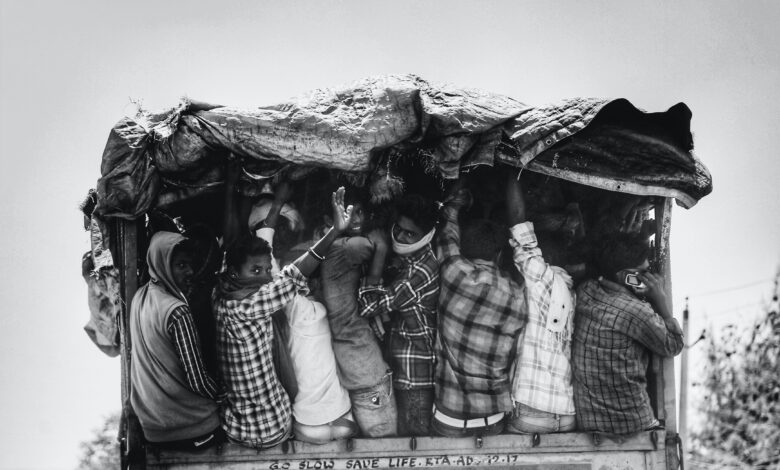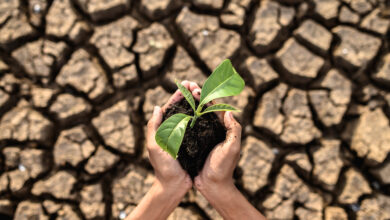A Human-Positive, Plastic-Neutral Plan: Sustainability Impacts On Society

Going plastic-neutral is not only beneficial to the environment, but also to humans. Here’s why.
As the world’s capacity to deal with the rapidly rising production of disposable plastic goods becomes overwhelmed, plastic pollution has emerged as one of the most urgent environmental issues. In developing Asian and African countries, where garbage collection systems are frequently ineffective or nonexistent, plastic pollution is most noticeable. And this alarming system is disadvantageous to the humans who collect and recycle waste for a living.
Landfills And Plastic Pollution
Our society does not have a uniform waste disposal system. Plastic that you throw away ends up in a landfill. Plastic is frequently blown away during garbage transport to landfills because it is so light. It can eventually clog up drains from there and enter rivers and the sea in this manner. When animals unintentionally consume them, they decompose into minute toxic particles that contaminate the soil and waterways and enter the food chain.
Landfills are a leading cause of global warming as landfills release a lot of toxins and greenhouse gases.
Bad management of plastic waste is not only bad for the environment, but it also affects millions of unorganized laborers too, who pick and recycle plastic waste for a living.
The Plight of Ragpickers In India
The garbage that the ragpickers collect is not only of no economic value, but it also frequently poses a risk of disease transmission.
Ragpickers form the base of a pyramid that includes scrap dealers, aggregators, and re-processors. The majority of rag-pickers operate invisibly.
India has between 1.5 and 4 million ragpickers who don’t have access to social security, health insurance, the minimum wage, or even the most basic safety equipment.
So, how does plastic neutrality fit into all this?
The Plastic-Neutral Plan
Plastic can be divided into two economical and seven chemical types. The majority of plastics recycled today are high-value plastics like PET and HDPE, as well as milk and yogurt containers.
Low-value plastic, such as flex packaging and fruit and biscuit wrappers, is what frequently goes unnoticed and pollutes our streets and beaches. It can’t be recycled at all, so it ends up in landfills.
The waste pickers are smart; they are aware that cheap plastic in large quantities still has value. This is the reason The Disposal Company has chosen to concentrate on it.
The Disposal Company has an easy and low-time-consuming plan for brands and individuals to become plastic-neutral. We subsidize the moral recovery and responsible disposal of plastic waste that would otherwise end up in landfills, be burned, or be dumped into our oceans.
Based on the unique needs and capacities of each of our partner organizations, we develop customized impact roadmaps.
We have waste workers who collect plastic waste from landfills, incinerators, or ships right at the source. The waste is then transported back to the hubs of processing, where it is recycled.
This way, brands can become truly plastic-neutral and also attain the seal of sustainability.
But, how does TDC help these waste workers?
The Disposal Company’s Impact on The Ragpickers’ Lives
The Disposal Company has various factories set up in NCR for the purpose of recycling plastic waste.
Ragpickers are engaging in a very guerrilla form of environmental activism when they treat waste like gold and separate it, and we should support this.
We assist waste collectors in overturning their fortunes by collaborating with carefully chosen recycling initiatives. We improve their lives by giving them training in waste management. They can take advantage of healthcare and educational subsidies once they receive a formal working license. We can assist them in constructing working waste separation facilities and actual homes.
To Know more about Plastic Neutrality or to go Plastic-Neutral, visit www.thedisposal.co




